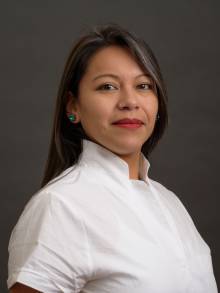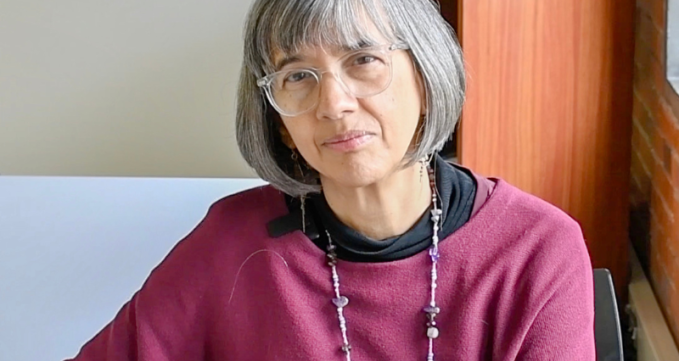Namon Freeman
Alumni Spotlight: Alyxandra Ruzevich (MPA 2022)
Alyxandra Ruzevich (MPA 2022) is a Climate Mitigation and Agriculture Specialist with Environmental Incentives where she works with USAID's Natural Climate Solutions Division in the Center for Energy, Environment, and Infrastructure. Read more about her journey.
Alumni Spotlight: Nilbia Coyote (MPA 2011)
Nilbia Coyote (MPA 2011), Executive Director at New Immigrant Community Empowerment, was recently listed in City and State’s NYC Labor Power 100 in recognition of her advocacy for immigrant workers. Learn more about her journey.
Alumni Spotlight: Mahima Sharda (MPA 2022)
Mahima Sharda (MPA 2022) is an Analyst at Dasra, a philanthropic consultancy based in Mumbai, India. Learn about how Wagner helped Mahima to see interconnectivity of today's social issues.
Alumni Spotlight: Mustafa Babak (Global EMPA 2017)
Mustafa Babak (Global EMPA 2017), Executive Director of the Afghan-American Foundation, shares about his current work and the impact of his time at Wagner.



